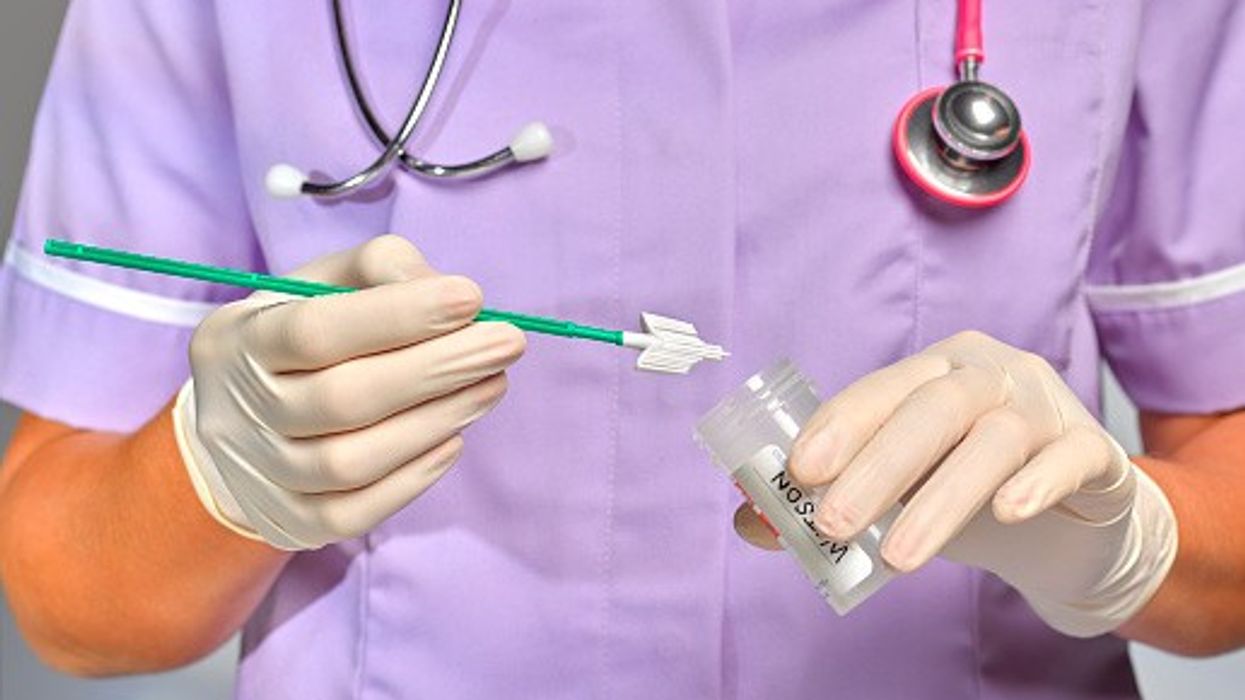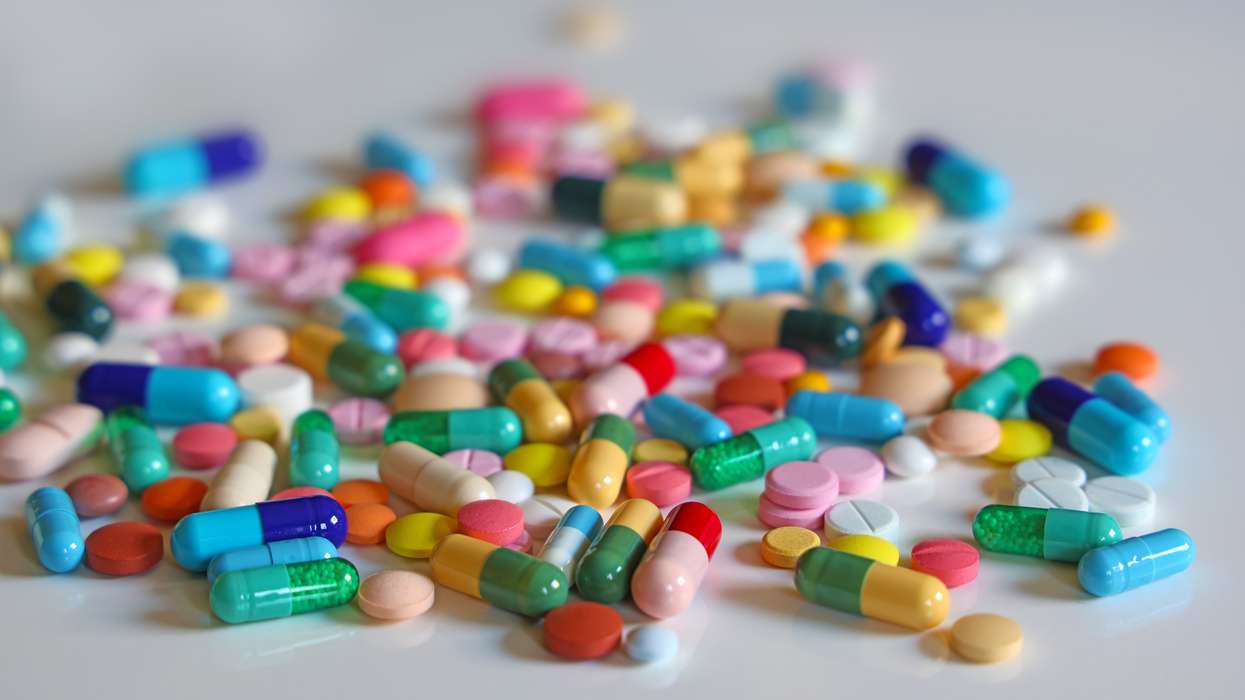‘Cervical cancer screening is a small step that can save lives,’ says TV health expert Thorrun Govind
Cervical cancer is one the most treatable forms of cancer, yet it remains the fourth most common cancer in women.
In observance of Cervical Cancer Prevention Week, pharmacist and TV health expert Thorrun Govind has urged individuals to make sure they attend their cervical cancer screenings.
“Cervical cancer screening is designed to detect early changes in the cells of the cervix before they have a chance to develop into cancer. These changes often have no symptoms, so attending your screening when invited is essential,” said Thorrun, former chair of the Royal Pharmaceutical Society (RPS).
“The procedure is quick and carried out by a trained professional in a private environment. While it may feel a little uncomfortable, it’s a small step that can save lives,” she added.
Thorrun emphasised that if you’ve missed a previous screening, “it is never too late to book an appointment.”
Cervical screening, previously known as a smear test, is offered to women and all people with a cervix aged 25 to 64 as a free NHS health test.
The test screens for human papillomavirus (HPV), which is linked to almost all cervical cancer cases. HPV is a common virus transmitted through sexual contact.
NHS England states, “Cervical screening is not a test for cancer, it's a test to help prevent cancer.”
Many women not up to date with screening
The NHS Cervical Screening Programme England 2023-2024 annual report revealed that over five million individuals were not up to date with their routine check-ups.
The report, published in November 2024, showed that 68.8 per cent of women aged 25 to 64 were screened within the recommended timeframe, slightly up from 68.7 per cent the previous year.
The screening rate was higher among those aged 50 to 64 (74.3 per cent) compared to those aged 25 to 49 ( 66.1per cent).
In 2023-2024, a total of 5.12 million women aged 25 to 64 in England were due for screening.
NHS data shows that only 58 per cent of 25 to 49-year-olds attend cervical screening in London, compared to 70 per cent of 50 to 64-year-olds.
Cervical Cancer Prevention Week
Cervical Cancer Prevention Week runs from Monday, 20 January until Sunday, 26 January 2025.
The campaign is supported by the four London Cancer Alliances: North Central London Cancer Alliance, South East London Cancer Alliance, North East London Cancer Alliance and RM Partner (NW & SW London) Cancer Alliance.
These alliances are part of the 20 Cancer Alliances established by NHS England to implement the cancer care recommendations in the NHS Long Term Plan.
According to the World Health Organization (WHO), approximately 660,000 women were diagnosed with cervical cancer worldwide in 2022, and around 350,000 women died from the disease.
Although cervical cancer is most commonly diagnosed in women aged 30 to 35, it can occur at any age, and anyone with a cervix is at risk.
Cervical screening and HPV vaccination are the most effective ways to prevent cervical cancer.
NHS has set an ambitious target of eliminating cervical cancer by 2040 by ensuring all eligible individuals have access to HPV vaccination and cervical screening.













